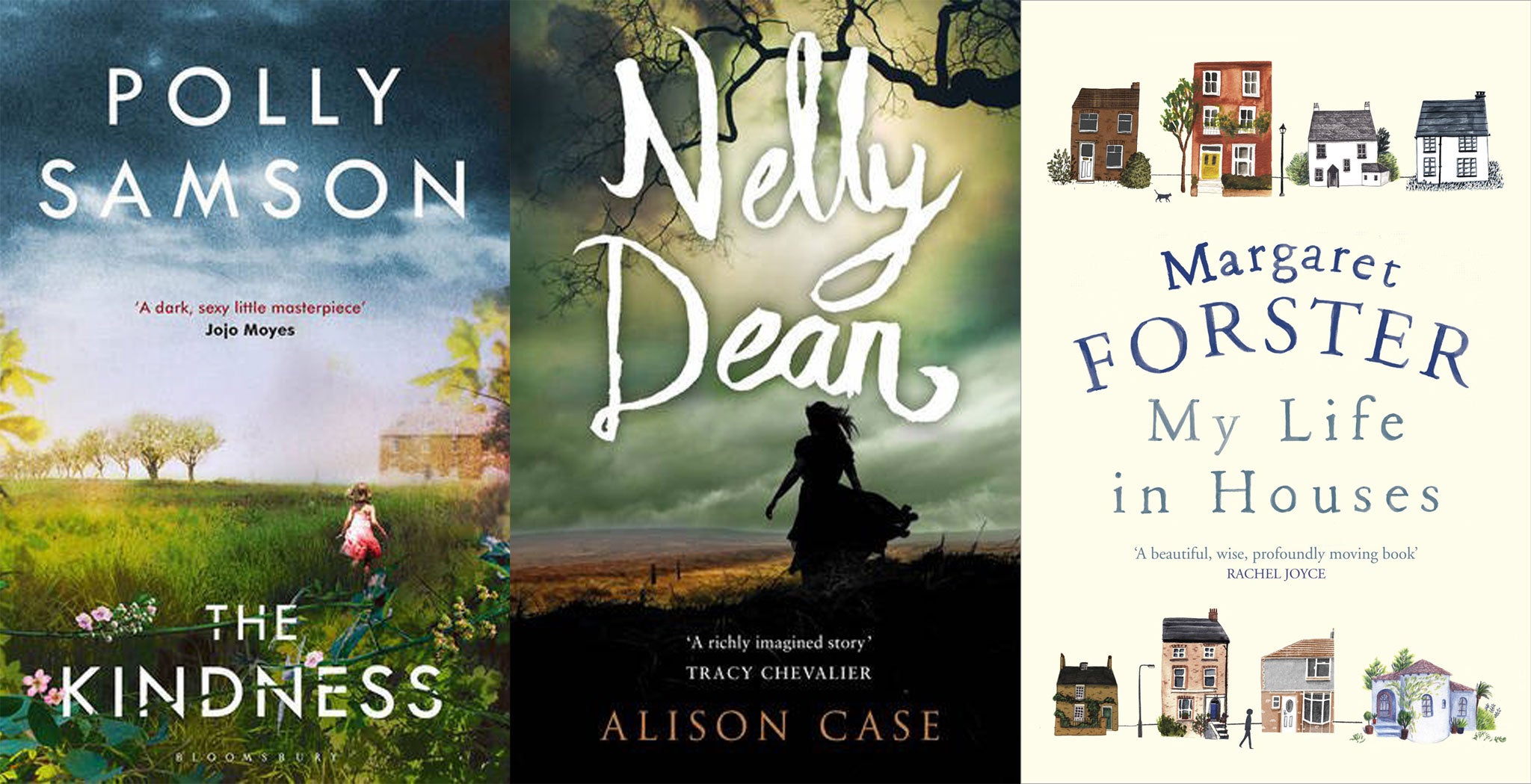The Kindness by Polly Samson; Nelly Dean by Alison Case; My Life In Houses by Margaret Forster, paperback reviews
A dreamy rural backwater, an enjoyable re-telling of Wuthering Heights, and a remarkable journey

The Kindness by Polly Samson (Bloomsbury, £8.99)
Samson's second novel may be set in a dreamy rural backwater, but readers should watch out for snakes in the grass. When we first meet Julian he's "an old man of 29", felled by grief and living in his bucolic childhood home, Firdaws, which until recently he shared with his lover, Julia, and small daughter, Mira. As he attempts to evade the attentions of his overbearing mother and an ex-girlfriend, he revisits the details of a painful family tragedy. Samson's languid storytelling captures the melancholic tang of happiness gone sour and good intentions gone wrong. Emma Hagestadt
Nelly Dean by Alison Case (Borough Press, £7.99)
In this hugely enjoyable re-telling of Wuthering Heights – even purists will be won over – sensible housekeeper Nelly Dean is finally allowed to reveal her more tempestuous side. First brought up as Hindley's playmate, she later becomes his servant, though remains as devoted as ever to this increasingly brutish young man. Yet unlike the other adolescents at the Heights, Heathcliff and Catherine, Nelly must cook, clean and run the dairy. No gallivanting on the moors for her. Case, a professor of Victorian literature, does for Nelly Dean what Jean Rhys did for Bertha Mason – rescues her from the attic. EH
My Life In Houses by Margaret Forster (Vintage, £8.99)
As a child growing up in 1940s Carlisle, Forster dreamed of having a house of her own, a place where she could read and write to her heart's content. In this enjoyable memoir the novelist recounts her life through her homes – a remarkable journey that takes her from a council house with no inside lavatory, via Oxford, to the tall London house where she lived and worked from 1963 until her death last month. This house, and not just a room of her own, she argued, "provided a structure and a privacy" that allowed her to write, and her extraordinary literary legacy is proof that she was right. Marcus Field
Subscribe to Independent Premium to bookmark this article
Want to bookmark your favourite articles and stories to read or reference later? Start your Independent Premium subscription today.

Join our commenting forum
Join thought-provoking conversations, follow other Independent readers and see their replies